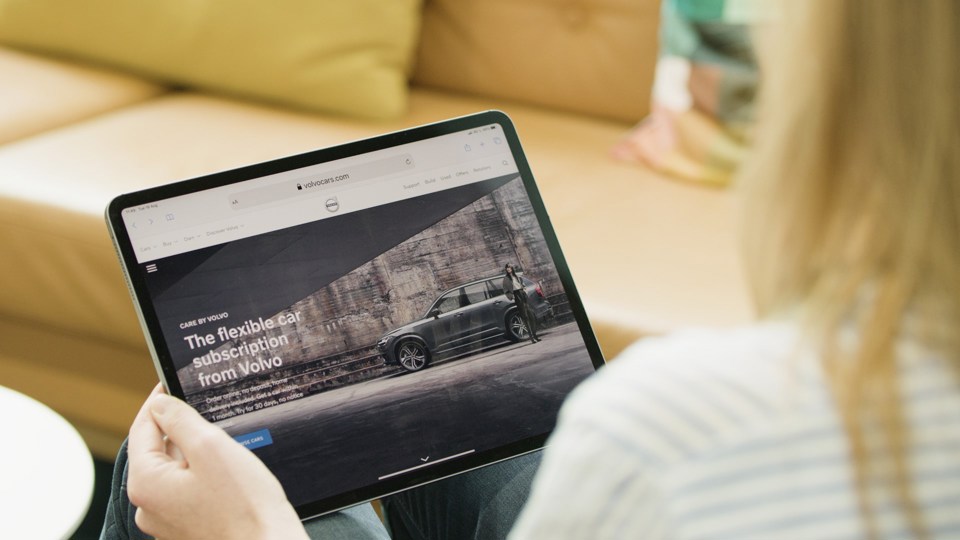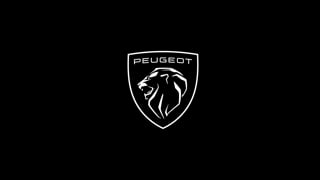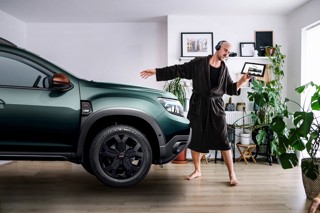The UK has seen the biggest growth in brands offering end-to-end new car sales compared with seven other major international markets, according to new analysis by BearingPoint.
While the BearingPoint New Car Online Sales 2023 study found that Tesla remains the global leader, competitors are gaining ground.
In Germany, France and the UK it is the local brands that have closed the gap. The UK alone saw a 40% uplift in the number of brands offering direct online sales compared with the same point last year.
Mercedes-Benz and BMW in Germany, Citroën and Renault in France and Land Rover in the UK (behind Polestar) have all improved significantly compared to 2022.
However, their online stores are seeing higher scores in their respecitive home markets, implying brands are focusing their investment at home first.
BearingPoint said Polestar continues to be the biggest challenger globally to Tesla in offering a “seamless online customer journey”.
Both brands follow the same business model using showrooms as customer experience centres and selling vehicles direct to customers without dealerships involved (although the Volvo dealer network carries out servicing work for Polestar).
BearingPoint expects to see brands continue to challenge the top two, with many transitioning to agency sales models and continuing to invest in the online journey.
In line with BearingPoint’s 2022 study, there has been a continued increase in the number of OEMs allowing customers to complete the sales process online, now 70% of all assessed brands.
Compared to the 2021 study this is a 110% increase in brands offering an online customer journey, demonstrating the progress OEMs are making with e-commerce and their online customer experience.
UK sees biggest improvement, but China leads
Although the UK has shown the biggest improvement over the past year, China still leads in the total number of brands offering an end-to-end online customer journey.
In this year’s study, BearingPoint differentiated between mobile and sales via the website – mobile being an area of strength for Chinese brands, with many allowing customers to complete their vehicle purchase through WeChat or Alipay.
The UK, Germany, and France lead the way for online stores in Europe, with the UK now drawing level with Germany on the market’s average online store maturity.
The US market still trails most European markets in both the number of seamless online stores and the average maturity score.
In each market over 60% of the assessed OEMs relocated touchpoints in the journey to mobile apps for a better purchase experience, while also creating a channel for potential after-sales revenues.
Several brands are leveraging technology further to create innovative digital experiences, such as the use of virtual reality car configurators.
This was identified as whitespace in the 2022 study and OEMs like Dacia and Porsche, that offer this option to customers, are standing out from the competition.
Jonny Stephens, senior manager from BearingPoint concluded: “While the industry grapples with the agency sales model debate, it is clear that the majority of OEMs are continuing to invest in their online D2C experience.
“The UK in particular saw a 40% uplift in brands offering a seamless online purchase journey, complementing the growing trend of customer’s willingness to purchase online.
"We also see the leading brands building the future by positioning new subscription ownership models upfront in the online journey and introducing maturing tech like XR configurators to bring the product experience to life digitally.”




















Login to comment
Comments
No comments have been made yet.